Your Story Matters
Stories Bring Hope and Light into a Dark World
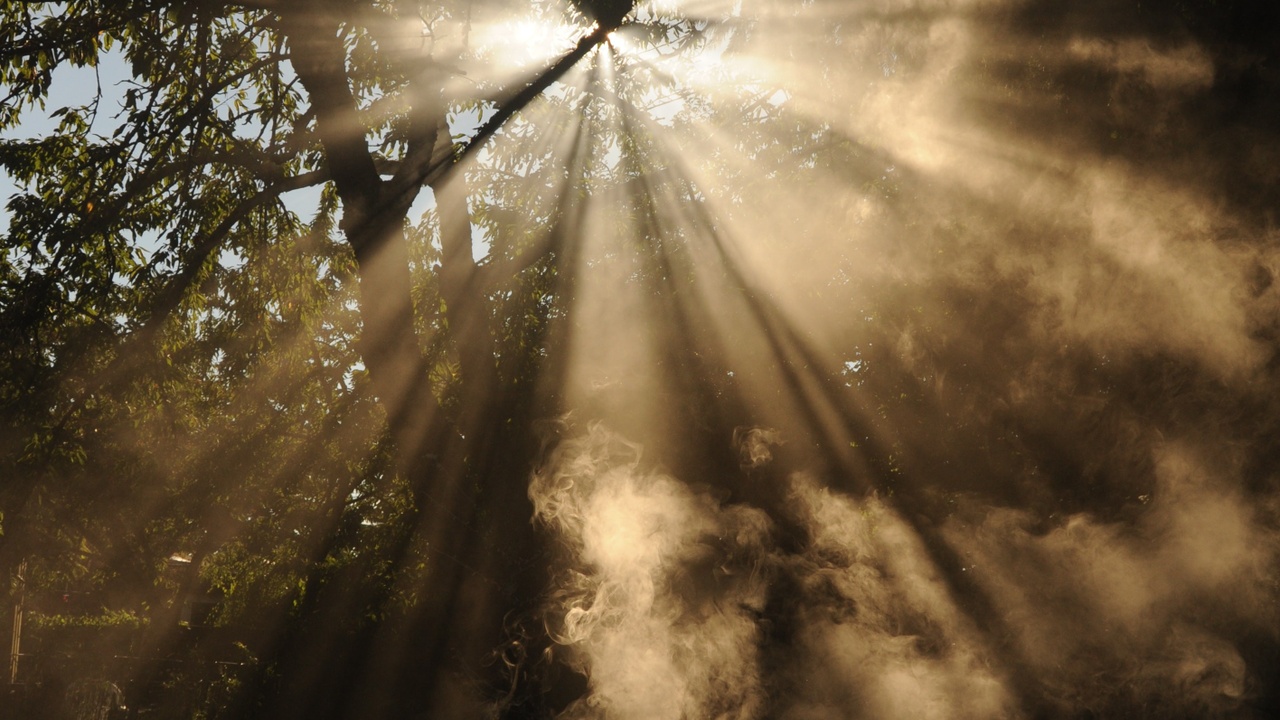
Today is the last day of Pride Month. Normally I'd write an upbeat post celebrating the LGBTQ+ community I'm now part of—sparkly rainbows and all.
But frankly, I'm not feeling very upbeat or sparkly ...
The Long Road to Publication
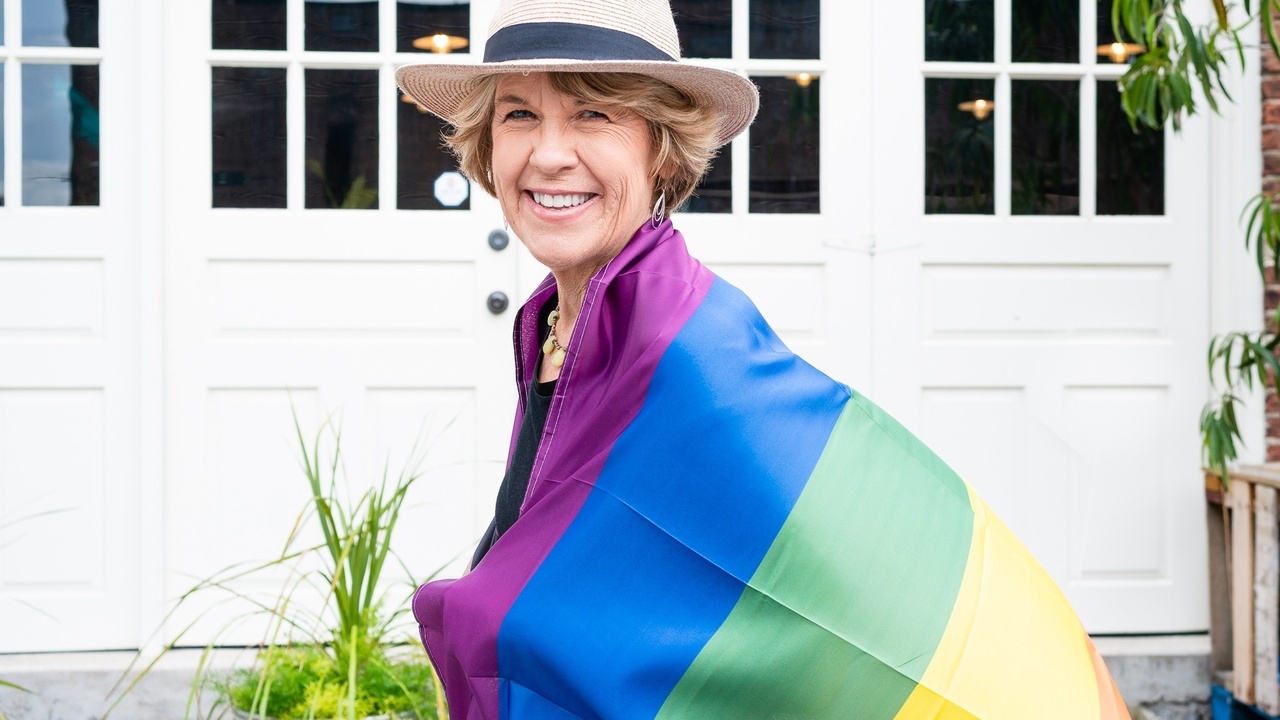
When I connect with a friend I haven't seen in a while or a new acquaintance who knows I've written a memoir, inevitably I will be asked a variation on one of these questions:
What's happening with y...
Tell An Author You Love Their Book
Recently I blogged about the protestor who showed up at my wedding and why it's important to be visible and share our stories.
Here's the post in case you missed it »
Lots of you responded to the po...
My Wedding Had a Protestor

"We had a protestor at our wedding," my wife tells anyone who will listen. "I consider it a queer badge of honor," she always says, with a smile.
Maybe she's right, but a year ago when I spotted a ma...
No More Transphobic Bestsellers
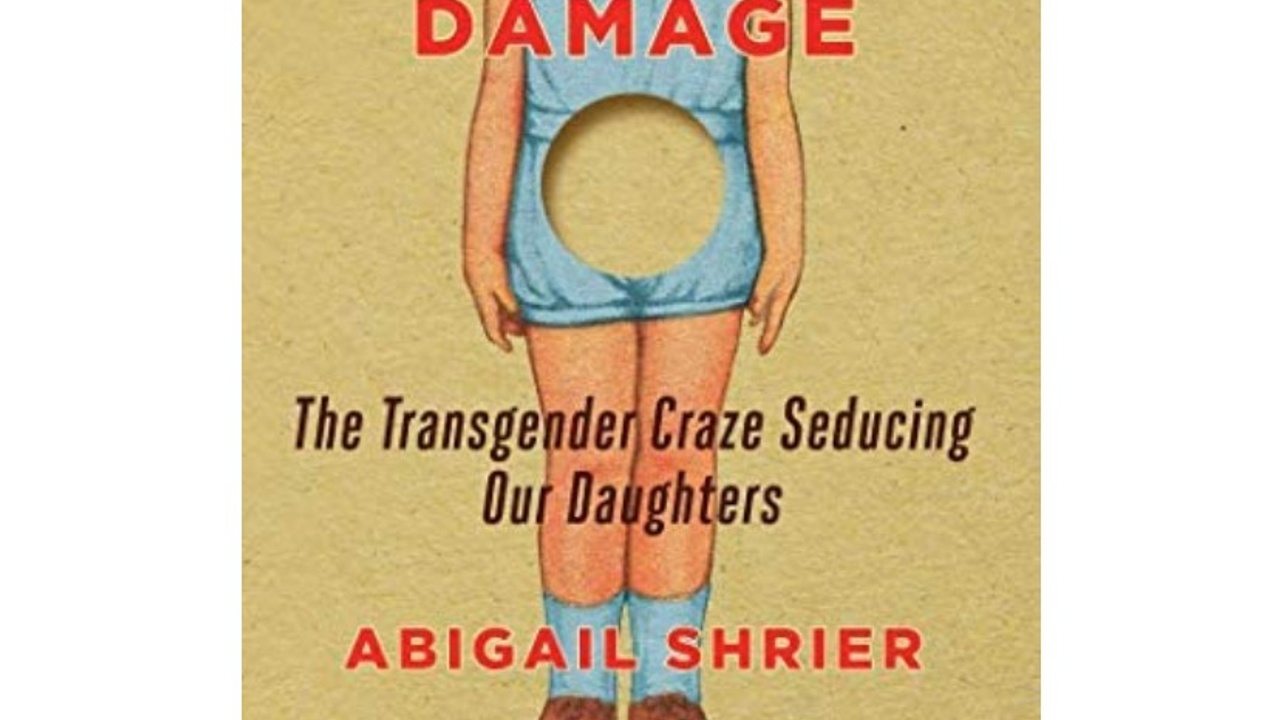
A few weeks ago I was doing some competitive title research for my Write Yourself Out Foundations writers. Competitive titles, also known as comparable titles, are books that a writer's ideal reader w...
Shaken Out of My Cocoon
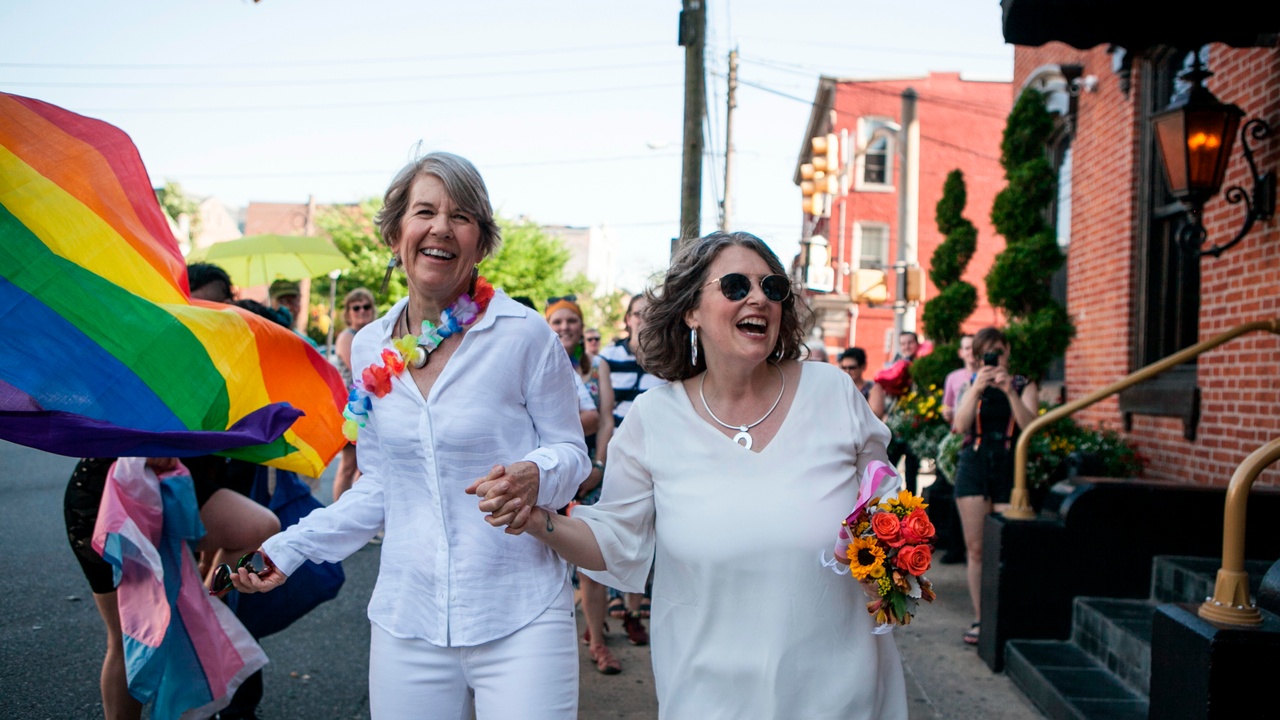
Lately, one of my favorite hours of the week is Tuesday at noon when I hop on Zoom with my Write Yourself Out Foundations cohort. As these LGBTQ+ writers wrestle to get clear on their books, they laug...
Good Memoirs Are Not Acts of Revenge
Are you searching for your next read? Keep reading below to learn more or watch the video all about this recommendation!
[Video trigger warning: the recommended book mentions sexual abuse]
Like you...
This is What a Writing Community Looks Like
This week in my Write Yourself Out Foundations group coaching call, I had the privilege of listening to queer writers share their dreams and fears about writing their stories.
I heard stories about the...
How long will it take to write your memoir?
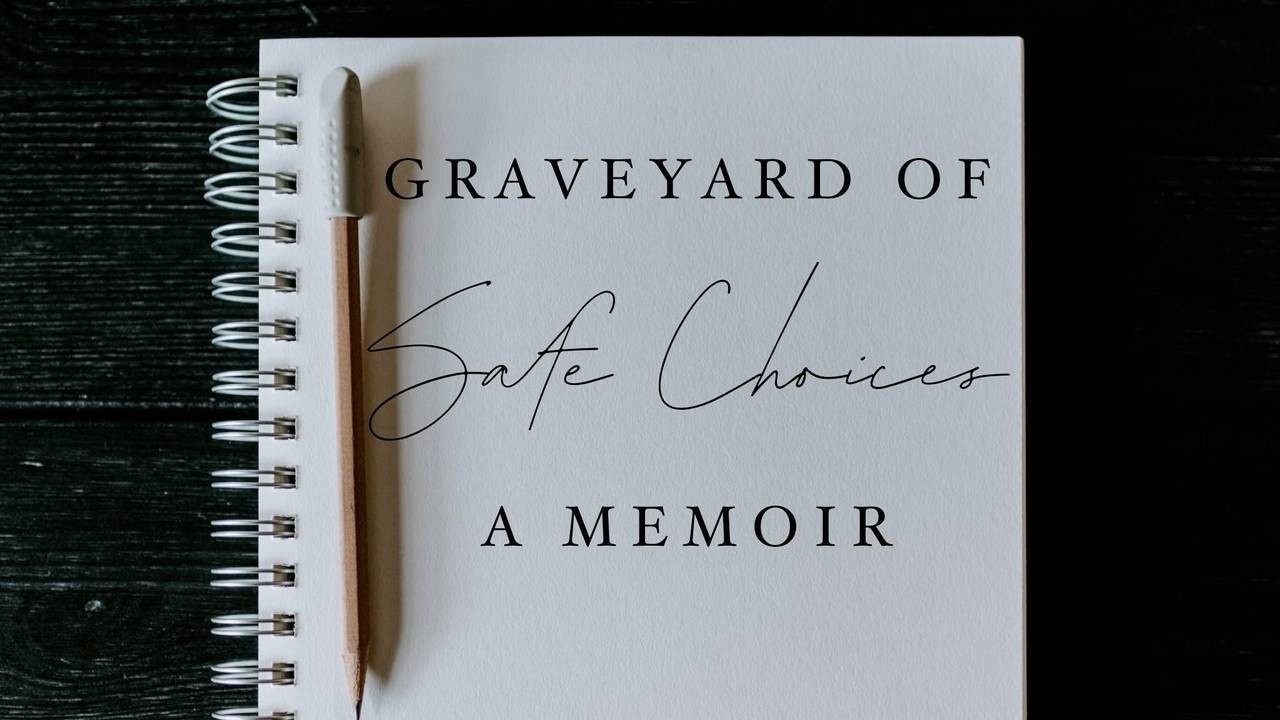
If you’re contemplating writing a memoir, you might be wondering “How long will it take?” Roll your eyes if anyone tries to give you a definitive answer. There’s so much variation in the writing proce...
Holding Your Book in Your Hands
This is what it feels like!
Listen to my client Jamie Gehring explain why she felt driven to spend five years of her life on her memoir, Madman In the Woods: Life Next Door to the Unabomber.
Learn m...


